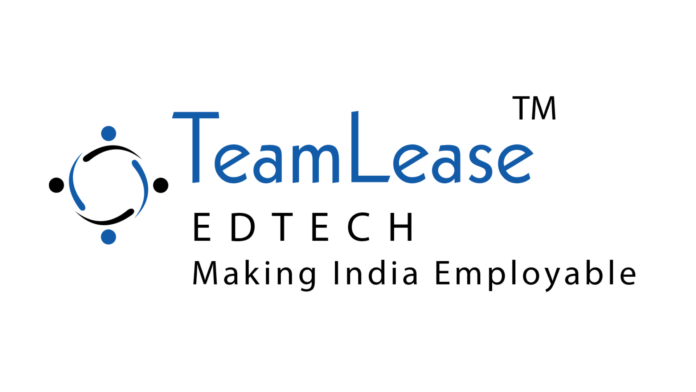
It’s a new shift in the world of work. Indian tech companies like Infosys and Tata Consultancy Services (TCS) are leading the charge, mandating in-office work for their employees. This marks a significant departure from the remote working era that dominated during the pandemic. WION recently delved into this transition, engaging in a conversation with Neeti Sharma, Co-Founder and President of TeamLease EdTech, to explore the benefits and challenges inherent in this workplace evolution.
Some of the interesting key insights to note from WION’s interview with Neeti Sharma are as follows:
- Benefits of In-Office Work:
Neeti Sharma emphasized on the multifaceted advantages of in-office work, ranging from the revival of social skills to enhanced collaboration and improved communication. These elements are deemed crucial for fostering a productive and innovative work environment. The move back to the office seeks to address the potential erosion of these vital components in the virtual work landscape.
- Challenges of the Transition:
The return to the office is not without its challenges. Employees, accustomed to months of remote work, may experience inertia in adapting to a hybrid way of working. Employers face the task of ensuring a smooth transition, providing the necessary support to employees as they navigate this shift.
- The 4-Day Workweek and Work-Hour Flexibility:
A recent Randstad survey sheds light on a fascinating shift in employee preferences. A significant percentage of respondents express openness to working in the office daily if a 4-day workweek were implemented. Neeti Sharma underscores the importance of flexibility in work-hour arrangements. A 4-day workweek, often incorporating remote work on Fridays, is seen as a solution that combines the structure of an in-office environment with the comfort of remote work. This approach aims to optimize productivity by reducing stress and cutting down on travel time, contributing to a more balanced and efficient work culture.
- Insights and the Path Forward:
Analysis of these insights paints a clear picture: flexibility is the key to productivity in the current era. Companies that recognize the significance of balancing in-office and remote work are poised to benefit from an engaged and motivated workforce. This shift in work dynamics reflects global trends in the post-pandemic world, where the boundaries between work and life are increasingly blurred.
As the tech industry adapts to this evolving work landscape, the focus is not only on where work takes place but also on how it takes place. The amalgamation of in-office work, remote work, and a 4-day workweek offers a glimpse into the future of the workplace—one that prioritizes employee well-being, innovation, and productivity. This transformation underscores the adaptability of the tech sector, showcasing that innovation extends beyond technology to redefine the very fabric of work in the modern era.
